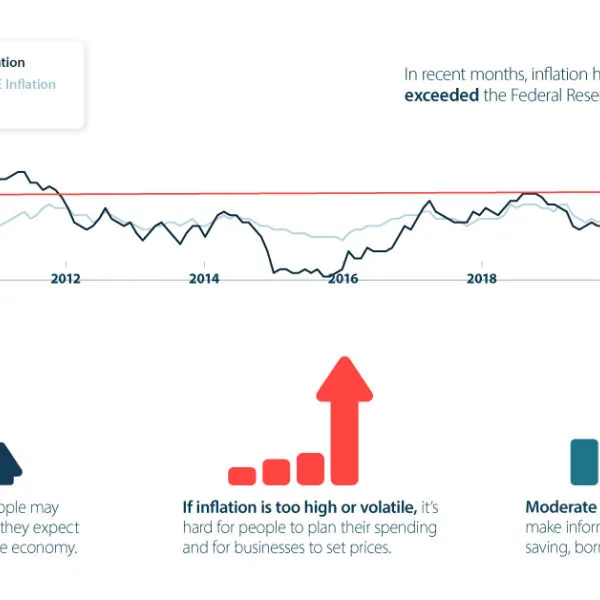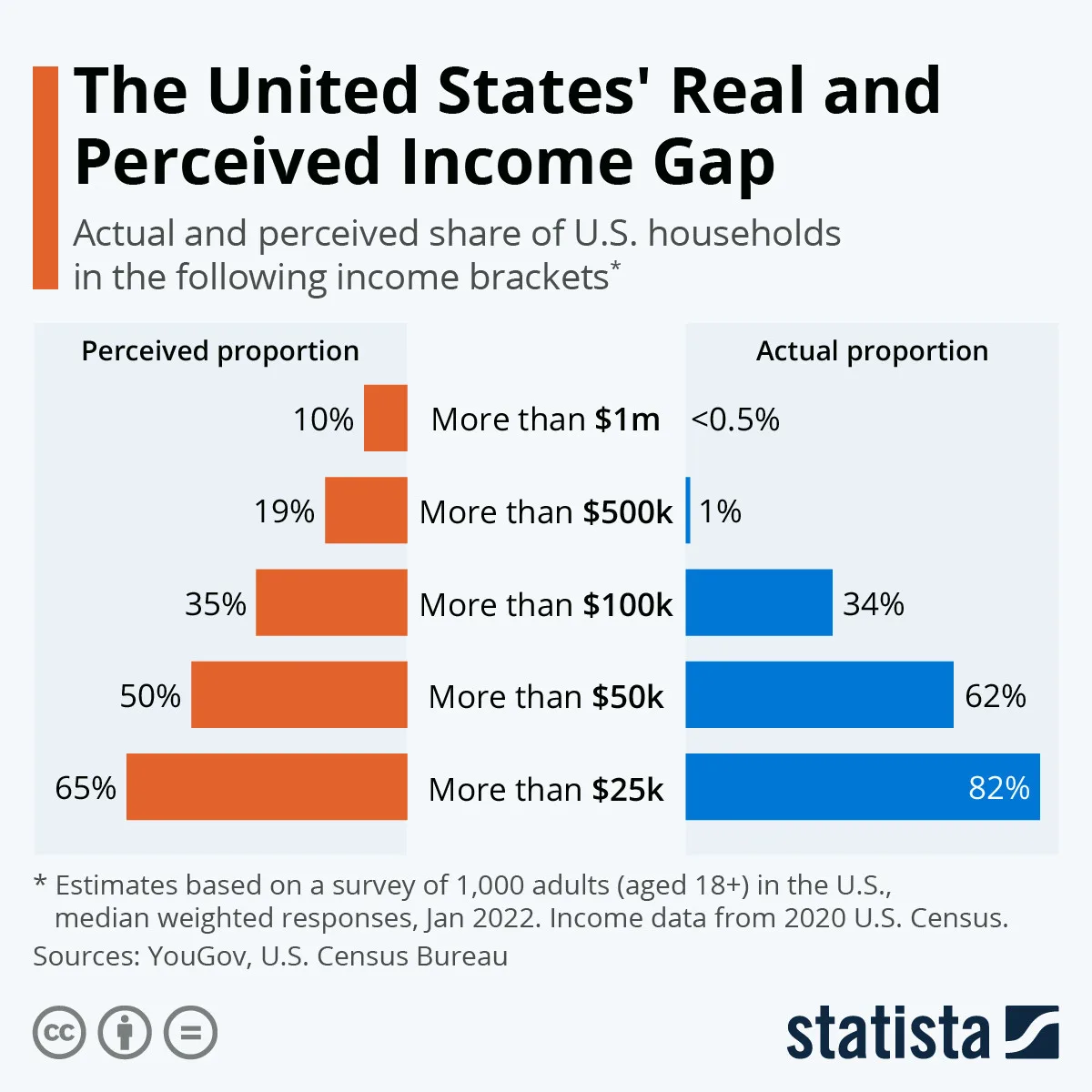The latest Personal Consumption Expenditures (PCE) inflation data indicates persistent pricing pressures in the U.S. economy, leading Federal Reserve officials to express caution regarding interest rate adjustments. The PCE index, which serves as the Fed’s preferred inflation indicator, rose by 0.4% in January, year-over-year inflation remains elevated despite a slight decrease to 4.6%. In a recent interview, Fed Chair Jerome Powell stated, “We are committed to our inflation goal but understand the economy’s complexity. The data will guide our decisions moving forward.” Investors and analysts are closely monitoring these developments, as they hint at the possibility of further interest rate hikes if inflation does not stabilize. Economists speculate that a more aggressive monetary policy might be necessary, especially with consumer spending growing steadily, which contributes to inflationary pressures. According to a report from MarketWatch, many officials believe a rate hike is still on the table after experiencing historically high inflation levels last year. This uncertainty surrounding inflation and interest rates illustrates the Fed’s ongoing balancing act between fostering economic growth and controlling price stability. The strong January data reflects underlying economic resilience but also raises concerns about sustained inflationary challenges. Regarding corporate earnings, companies like FuboTV reported robust results, showcasing the impact of inflation on consumer habits and spending, ultimately resulting in varying business performances. Chris Stochs, a market analyst, commented, “Investors should brace for volatility as the Fed navigates these choppy waters, influenced heavily by PCE data and consumer behavior.” As it stands, while the economy shows signs of robustness, the Fed remains in a precarious position as it strives to steer clear of stifling growth amid growing inflation pressures.
Fed’s Inflation Tracking Tool Signals Continuing Monetary Policy Challenges











